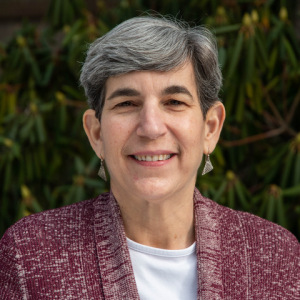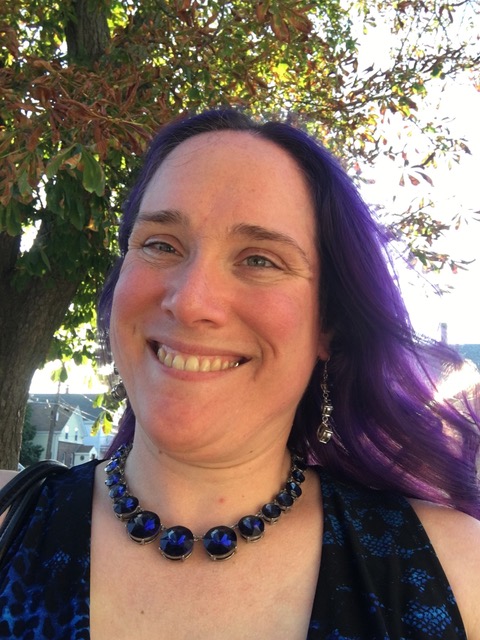
Call us at 800-242-9794 or email us at info@therapymatcher.org, leave a message with your name and phone number, and a social worker will call you back to help you define your counseling needs, answer questions about counseling, and recommend several potential therapists.
Our therapists offer a broad range of experience, approaches, and techniques for individuals, couples, families, groups, children, adolescents, adults, and elders.
Finding the right therapist for you is an important process. Think about any preferences you may have. Would you work better with a woman or a man; with someone older or close in age; with someone from the same religion or ethnic group? You may have a preference or you may not.
We have a diverse network of providers from various racial, ethnic, and religious backgrounds. Many of our members provide therapy in other languages, such as American Sign Language (ASL), Spanish, French, German, Greek, Italian, Hungarian, Hebrew, Russian, Swahili, and Korean.
Therapy Matcher will provide you with the names of multiple therapists who meet your specific counseling needs, as well as information about their training and experience. When you meet with a therapist you can ask more about their training, experience, theoretical orientation, and whether they have helped other clients with problems similar to yours. Ask how they tend to work, and decide whether it matches how you would like to work.
Pay attention to how you feel with the therapist. Do you seem to “click” with them? Do they treat you with respect and consideration? Do you feel comfortable and safe in their presence? Do they ask questions that are on target for you? Can you see yourself working closely with this person over a period of time? It’s important to pay attention to your initial “gut” feelings; once the therapy gets underway, your feelings about the therapist may be complicated by other issues from your history and in your life. If uncomfortable feelings do arise later in therapy, be sure to talk with your therapist about them.
If you have met with several therapists, take some time to make up your mind. It is a matter of courtesy to also inform the other therapists with whom you met that you have chosen another therapist. Think of the first few sessions as a mutual evaluation: the therapist is evaluating your situation and developing a treatment plan, and you are evaluating whether you feel comfortable with the therapist’s approach.
* (Adapted with permission from “Creating a Different Future, Revised” by the Consortium for Psychotherapy)
Therapy Matcher members are independent clinical social workers licensed by the Commonwealth of Massachusetts. Inclusion of a clinical social worker in the Therapy Matcher network does not indicate endorsement by Therapy Matcher, NASW, or NASW-MA Chapter. NASW and NASW-MA Chapter expressly disclaim any and all liability arising from, or in any way related to, referrals made to, and services provided by, Therapy Matcher members.

Therapy Matcher is staffed by highly knowledgeable and qualified licensed independent clinical social workers (LICSWs). The service is managed by the Massachusetts Chapter of the National Association of Social Workers and overseen by a volunteer advisory Commission of seasoned private practitioners.

Barbara (she/her) joined the staff of Therapy Matcher in 1995, and has been Director since 2004. Barbara is also the Director of Clinical Practice at the Massachusetts Chapter of the National Association of Social Workers. She is a clinical social worker with over 30 years of professional experience. Barbara has worked providing therapy, assessments, and case management for individuals and groups in a variety of settings, including outpatient clinics, schools, residential treatment centers, and outreach programs. She received her MSW from Boston University School of Social Work in 1985.

Shoshana (she/her) is a long-time member of Therapy Matcher, and has served on the Commission for a number of years. Shoshana has a full-time, insurance-based practice, with a commitment to take commercial and public plans. She has particular specialty with the LGBTQIA+ community. Shoshana received her MSW from Smith College School for Social Work.